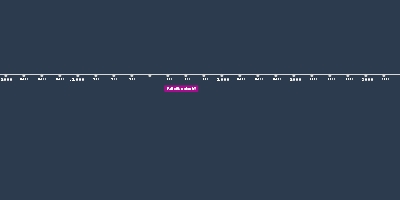Charlemagne’s Empire in Western Europe (jan 1, 768 – jan 1, 814)
Description:
Charlemagne, also known as Charles the Great, was a ruler in Western Europe from 786-814. With the death of his father, he and his brother became the rulers, however, with his brother's sudden death in 771, Charlemagne became the sole ruler. He was a talented diplomat, a very large defender of Christianity and a promoter of education. His rule of Western Europe ended when he died in 814 due to illness.Charles' rule of Charlemagne's Empire (commonly known as The Carolingian Empire) is referred to as the greatest rule of the empire because of everything he did to help Europe. At the start of his reign, he put a lot of money into the military, hoping to claim more land for the Carolingian Empire. At this time, he managed to invade Northern Spain and Bohemia. In 800, when there was a rebellion against Pope Leo III, Charlemagne went to his aid in Rome and defeated the rebellion. Because of this, the Pope declared him as Emperor of the Romans on Christmas Day. This was the peak of Charles' rule, with control over France, Switzerland, Belgium, the Netherlands, Germany, and parts of Austria and Spain.
Added to timeline:
Date:
jan 1, 768
jan 1, 814
~ 46 years
